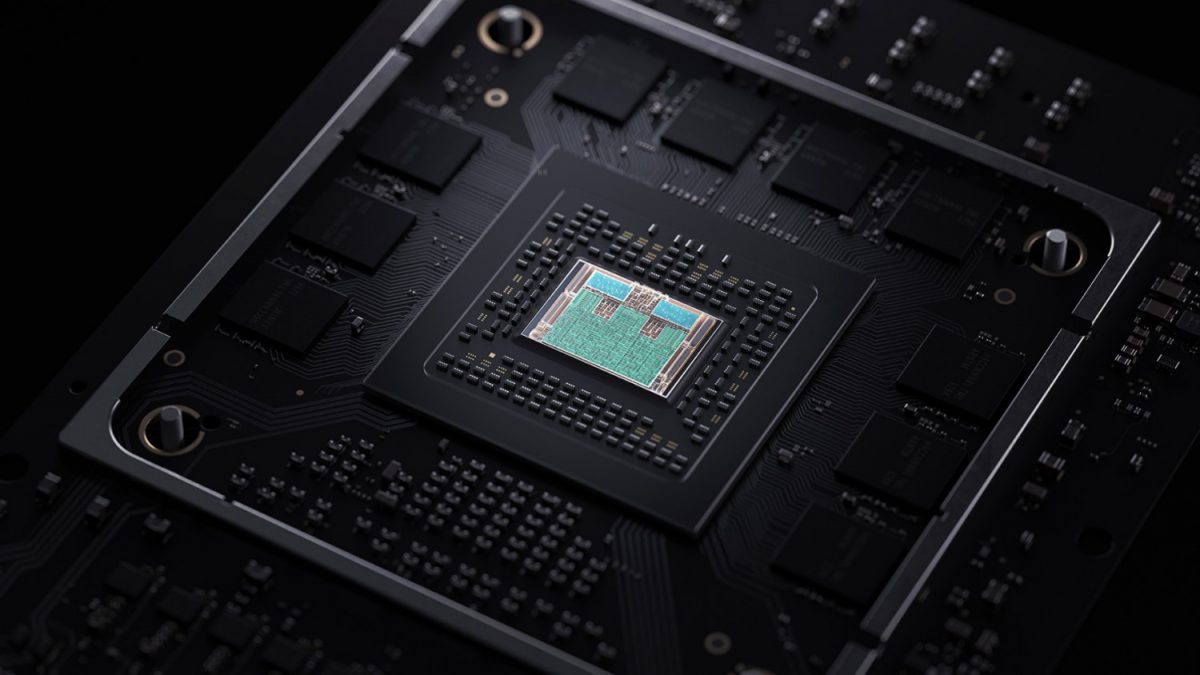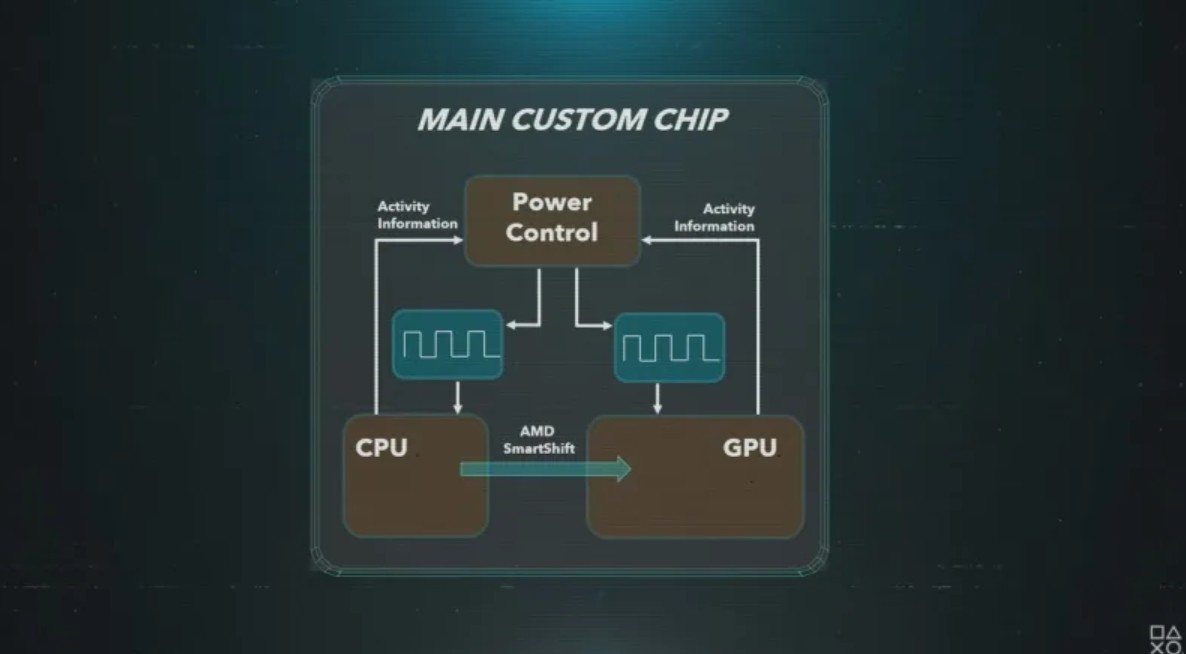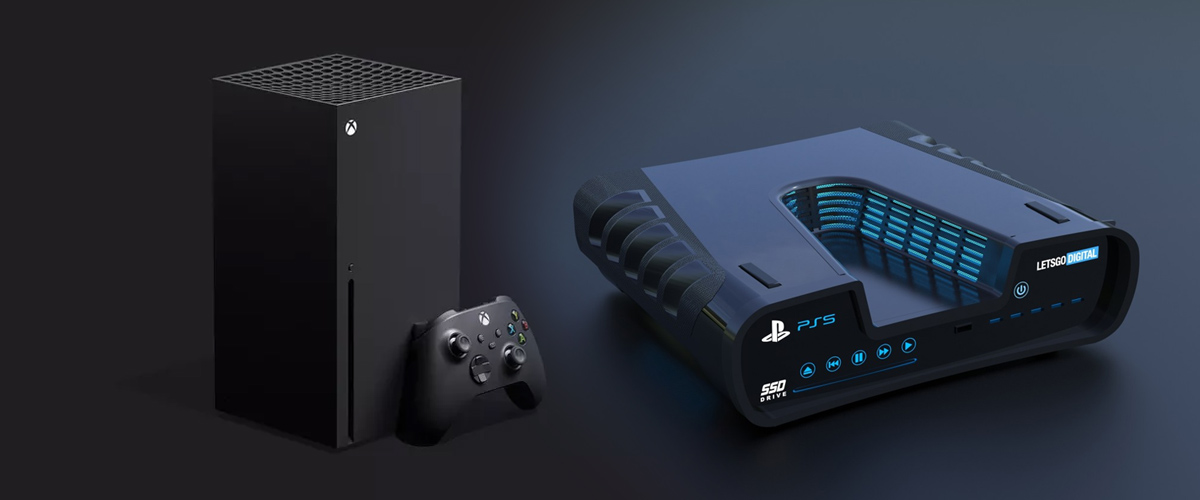In the wee hours of the morning, Sony and PlayStation finally pulled back the curtain on the hardware specs of the incoming PlayStation 5. With Microsoft showing their hand first, the full specs comparison has plenty debating the merits of power versus finesse. Here is the full breakdown of the competition, and the important details you need to know.
CPU
- PlayStation 5: Custom Zen 2 CPU with eight Cores at 3.5 GHz (Variable Frequency)
- Xbox Series X: Custom Zen 2 CPU with eight Cores at 3.8 GHz (3.66 GHz with Simultaneous Multithreading)

Both consoles will be running on custom CPUs, built off the AMD Zen 2 microarchitecture. The difference lies in how they each utilise the CPU’s power. For the Xbox Series X, it is fixed at 3.8 GHz for games that depend on a single core, but will drop to 3.66 GHz for applications that can take advantage of multiple cores thanks to simultaneous multithreading.
However, for the PS5, both the CPU and GPU will run at a variable frequency. The console will monitor the requirements of a game for the CPU and GPU, so it can adjust the frequency on the fly. This balancing act between power and cooling will ensure the PS5 runs at a consistent power level and thus, easier to cool.
GPU
- PlayStation 5: Custom RDNA 2 10.28 TFLOPs, 36 CUs at 2.23GHz (variable frequency)
- Xbox Series X: Custom RDNA 2 12 TFLOPS, 52 CUs at 1.825 GHz
As with the CPU, both consoles are running on similar GPUs as well, which is the AMD RNDA GPU. In terms of teraflops, the Xbox Series X has a lead over the PS5, with 52 compute units over 36 CUs.

In essence, the more teraflops you have, the more computational power you possess. Increased computational power will mean the processor is better equipped to perform the complex math that makes games possible. However, looking at the larger picture, the 1.72 teraflops difference means little.
The CUs are key here. The more CUs, the more powerful a GPU is. The custom GPUs on both the Xbox Series X and PlayStation 5 will perform only as well as how they are used. The PS5’s ability to adjust the GPU and CPU performance based on demand will be vital to how it can compare with the pure brawn of the Xbox Series X. The jury’s still out on which is better in action.
Memory
- PlayStation 5: 16GB GDDR6 with a 256mb bus | 448GB/s bandwidth
- Xbox Series X: 16GB GDDR6 with a 320mb bus | 10GB at 560 GB/s, 6GB at 336 GB/s bandwidth
While both consoles feature 16GB of GDDR6 memory, the PS5 has a narrower memory bus. Again, that might not matter in the long run. It is how the memory bandwidth is used that will reflect the true picture.
For the PS5, the memory will run at a swift 448 GB/s across the board, whereas the Xbox Series X splits its memory into two parts. A 10GB partition of “GPU Optimal Memory” will run at 560 GB/s, while the remaining 6GB of “standard” memory will be running at a slower 336 GB/s.
This system will allow developers to allocate the resources to where they deem necessary, and with the similar components, it is unlikely the end-product will have much difference.
Internal Storage
- PlayStation 5: Custom 825GB SSD with 5.5GB/s (Raw), Typical 8-9GB/s (Compressed) IO throughput
- Xbox Series X: 1TB Custom NVME SSD with 2.4 GB/s (Raw), 4.8 GB/s (Compressed) IO throughput
The crown jewel of Sony and PlayStation, the custom solid-state drive is extremely fast. In fact, it is at least twice the speed of the SSD found in the Xbox Series X.
It may be smaller at 825GB, but it will matter little when your games load so fast that Lead PlayStation 5 System Architect Mark Cerny suggested developers may even need to slow the drive down just to keep games from loading too swiftly.
Of course, these are just pure numbers based on the console benchmarks. While certain tech demos have shown off features like drastically reduced load times, we still have not seen either console in action.
It is easy to look at the tech specs and speculate, but until we actually see games running on both systems, we still do not have definitive proof of how they performed stacked up against each other.













